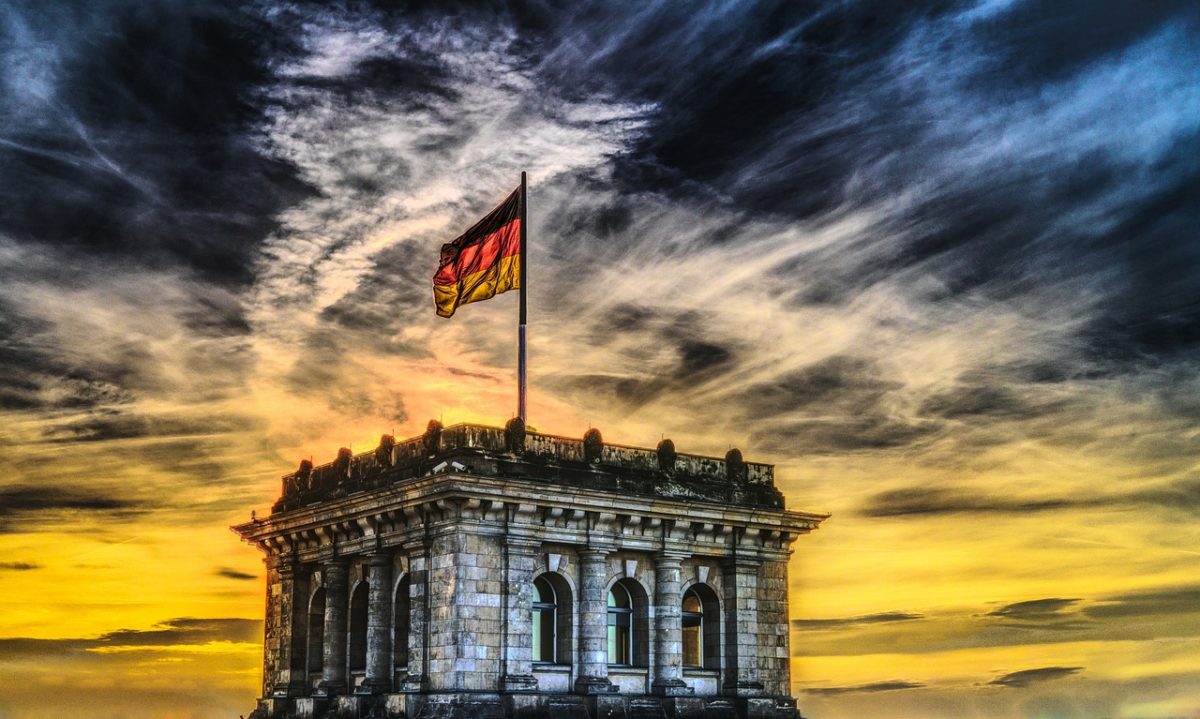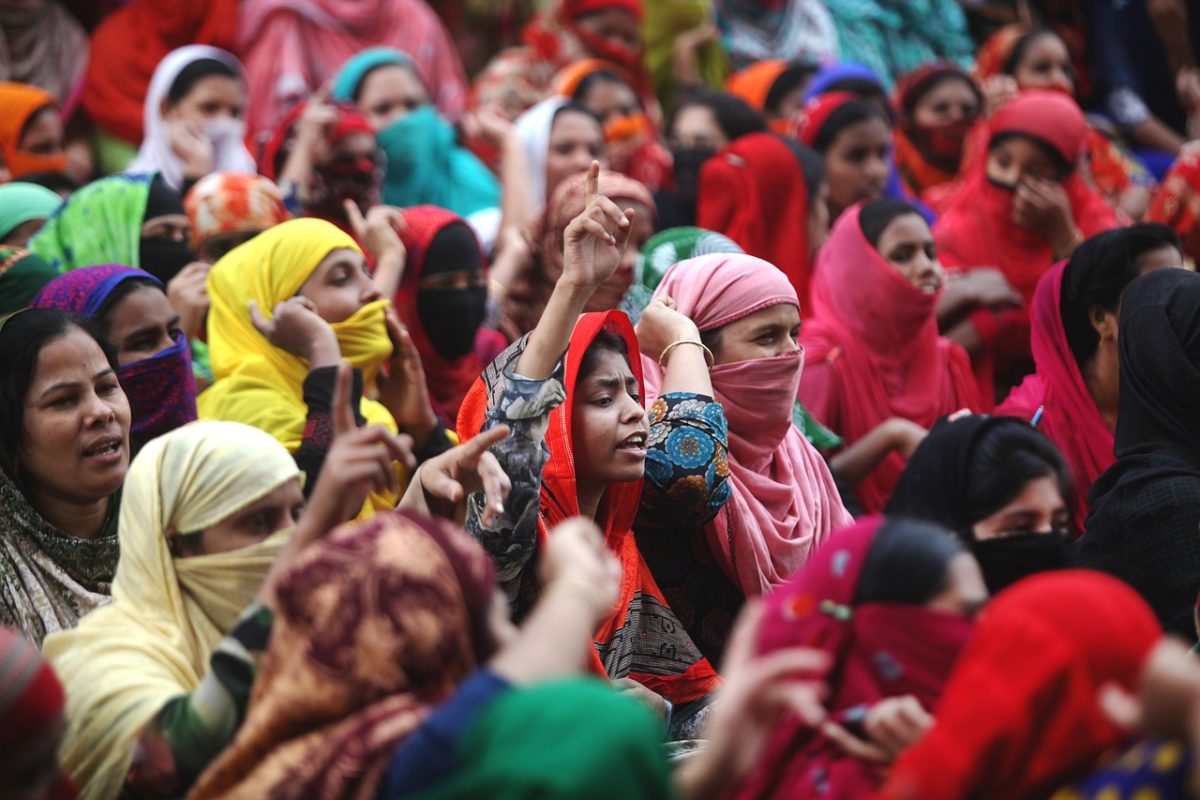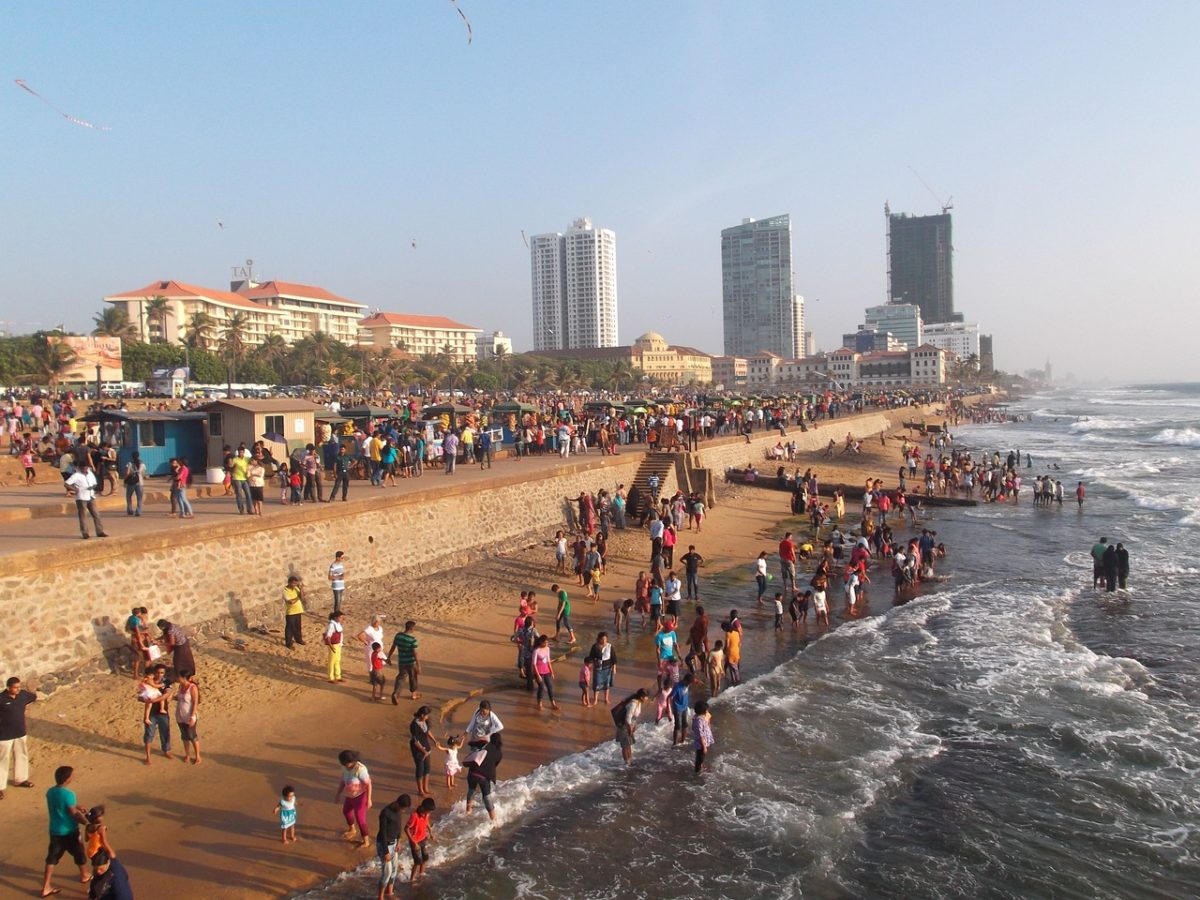Sahra Wagenknecht, a prominent figure in German politics known for her charisma and populist leanings, has launched a new political party. The Alliance Sahra Wagenknecht (BSW) is her venture to reshape the political spectrum by combining elements of left-populism with certain right-wing ideologies. Her objective is to provide a political home for those disillusioned with mainstream parties, particularly targeting voters who have shown an inclination towards the far-right Alternative for Germany (AfD) by addressing their anti-establishment sentiments and concerns over issues such as unchecked migration and the financial burdens of environmental initiatives.
Continue reading “Sahra Wagenknecht – profile”Month: November 2023
Bangladesh elections: Situational brief
Bangladesh is approaching a critical period in its political landscape, with general elections scheduled for January 202. The political climate is described as tumultuous, with previous elections in 2014 and 2018 being marred by controversy. The opposition parties, in particular, are pressing for the resignation of the government led by Sheikh Hasina, who has been in power since 2009, to ensure a free and fair election.
The political unrest is not solely based on electoral politics but is also intertwined with an economic crisis that the country is currently facing. The Bangladesh Nationalist Party (BNP) is actively mobilizing the populace with a focus on the upcoming elections amid this challenging economic scenario.
Continue reading “Bangladesh elections: Situational brief”Sri Lanka – debt update
An interesting wrinkle in Sri Lanka’s ongoing economic resurrection efforts, and one with broader geopolitical implications.
Sri Lanka had reached an agreement with the Export-Import Bank of China (China Exim Bank) on key terms and principles for restructuring its debt, which marks a significant step towards unlocking further financial aid from the International Monetary Fund (IMF). The agreement, made in October, encompasses approximately $4.2 billion of Sri Lanka’s outstanding debt.
The IMF is expected to analyze the details of this tentative agreement, which are crucial for Sri Lanka to progress with its IMF program. The Sri Lankan government is awaiting approval from the IMF for a second tranche of funds, and a debt restructuring proposal from the Paris Club consortium..
Continue reading “Sri Lanka – debt update”

